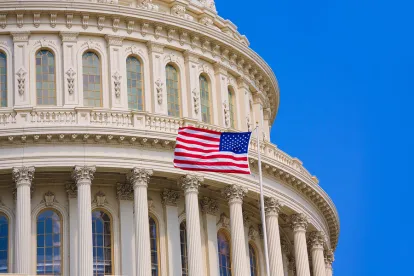At the end of 2015, Congress continued its tradition of passing an “extenders package” to reinstate a variety of expired tax code provisions. President Obama signed this bill into law on December 18, 2015. Much attention has been focused on the Section 41 research tax credit being made permanent, removing this section from future extenders bills. However, Congress also enacted two other research tax credit provisions that broaden the scope of the Section 41 credit.
Qualified Small Business - Payroll Tax Credit
The first provision enables “qualified small businesses” to elect up to $250,000 in R&D credits against their employer-side payroll tax (FICA) liability for up to 5 taxable years. A “qualified small business” is a company that has annual gross receipts of less than $5 million and meets certain other requirements. This should be especially useful to “pre-revenue” companies that are in the early stages of research and development. These companies are not yet generating taxable income and, as a result, the regular research credit available to offset income tax liability does not confer a current benefit. The expansion of the research credit to these companies is a welcome development because it will free up additional capital to fund R&D. This change is effective for taxable years beginning after December 31, 2015.
Eligible Small Business – AMT Credit
The second provision enables an “eligible small business” to offset a greater amount of income tax with the regular research credit by permitting a credit against the alternative minimum tax, as well as the regular income tax. In order to qualify as such an “eligible small business,” a non- publicly traded corporation, partnership, or sole proprietorship must have had average annual gross receipts of $50 million or less for the three tax years preceding the current taxable year. This change is effective for research credits determined for taxable years beginning after December 31, 2015.




 />i
/>i

